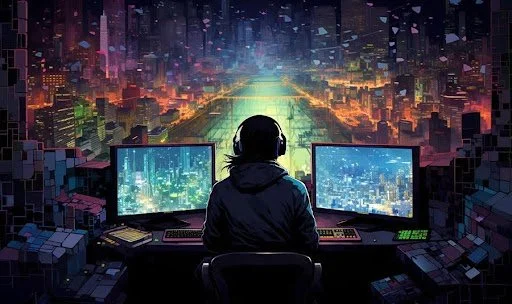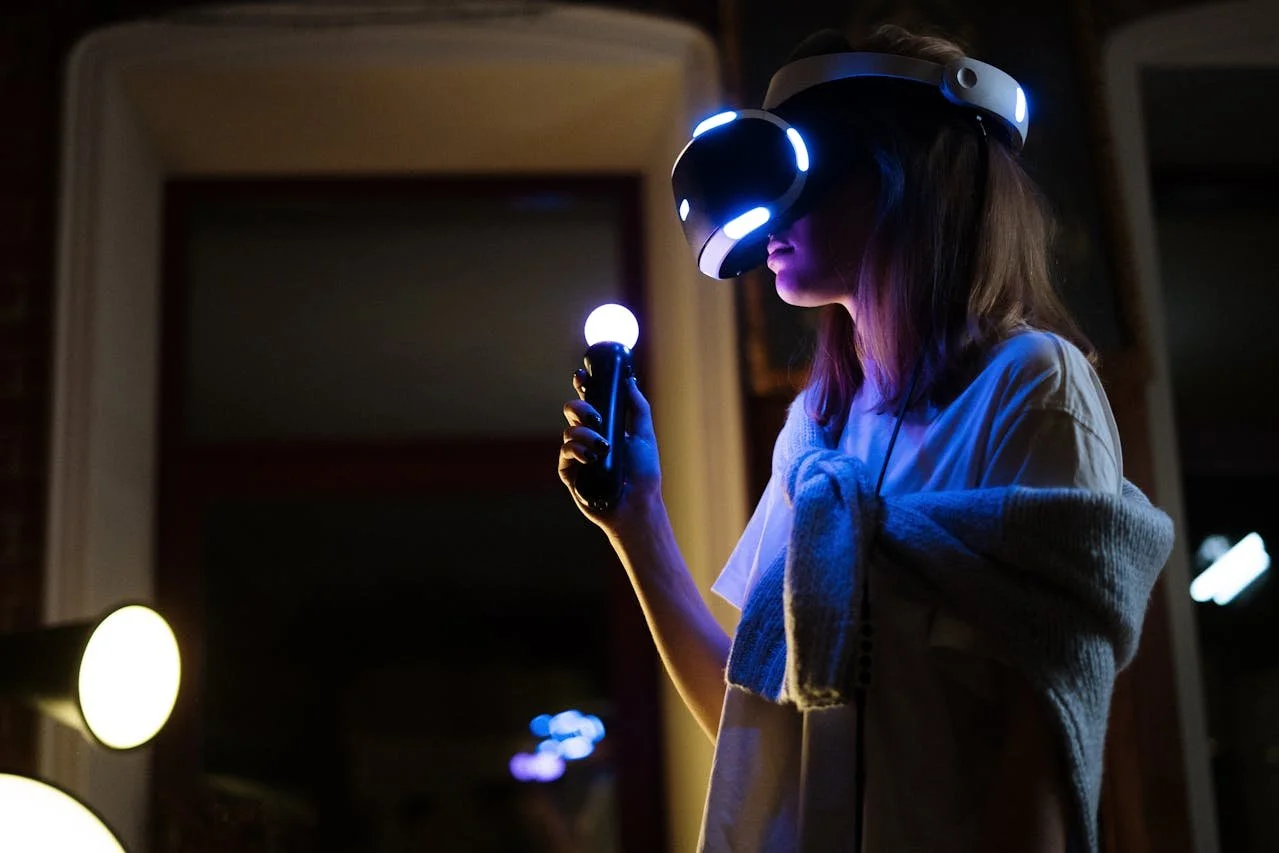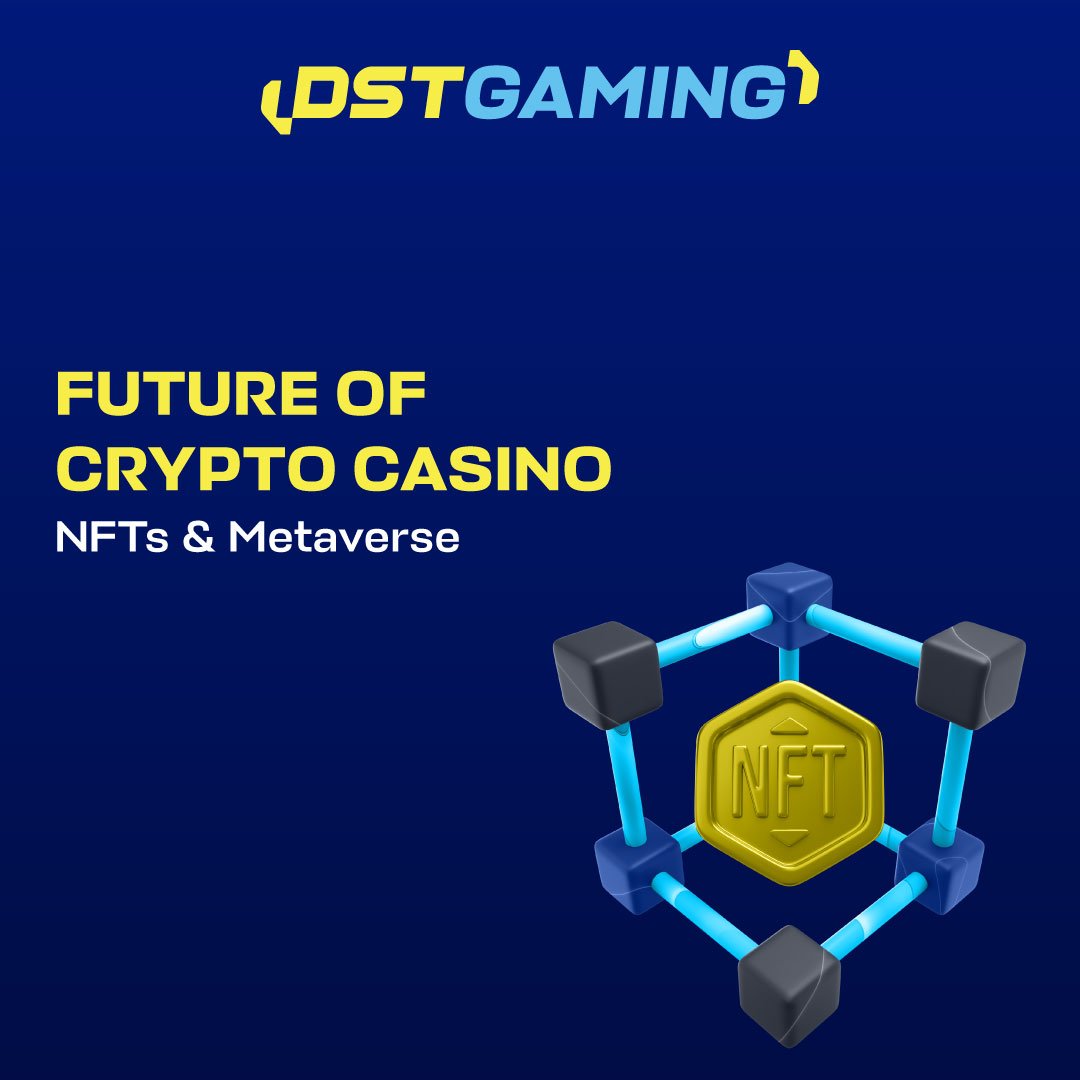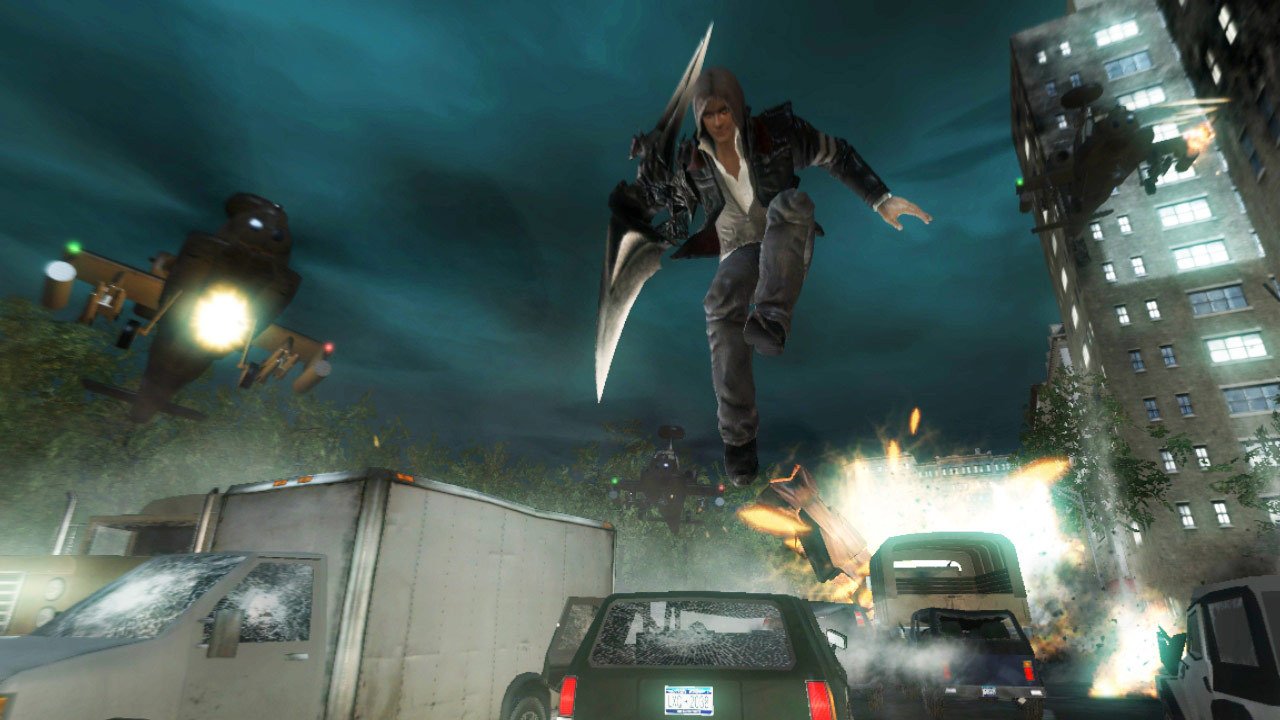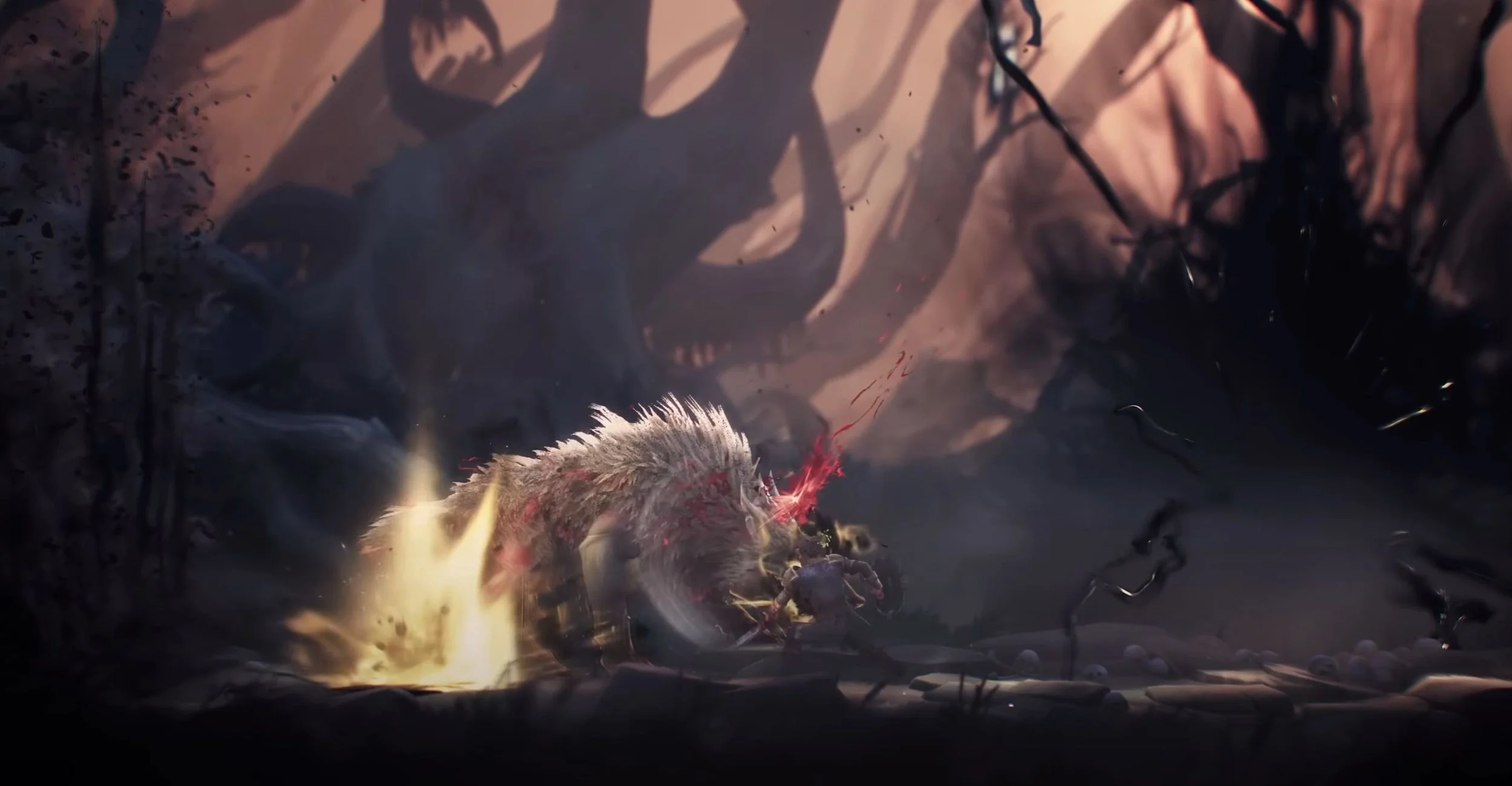We usually hear about decentralization in the context of blockchain and crypto, as it’s the founding principle of this novel asset class. Both established digital currencies like Bitcoin and Ethereum, as well as newer ones like Worldcoin, have popularized and advanced decentralization in the financial landscape, turning the term into a major buzzword. As one of the most innovative crypto projects, Worldcoin harnesses the power of blockchain decentralization to promote a more equitable and inclusive global economy, with its potential being reflected in the Worldcoin price, which has seen a notable increase in the past months.
However, decentralization is not exclusive to the cryptocurrency sphere, being a much broader and more complex concept that has many different dimensions and facets and can, therefore, be applied in numerous other domains. Known as a space open to innovation and technological advancements, gaming is an area that has intersected with blockchain technology and has started taking advantage of its decentralization capabilities in recent years.
But is decentralization the way forward for this rapidly evolving industry? This is a topic worth exploring, especially since we find ourselves at the dawn of the Web3 era, which is also underpinned by concepts such as decentralization, blockchain, and token-based economics.
Understanding decentralization in gaming
Video games come in a great variety of styles, genres and subgenres to satisfy all types of players, but we rarely stop and think about their underlying structure and the tech components and mechanisms at work behind the scenes that facilitate the gaming experience. We just enjoy the final product as is.
The notion of decentralized gaming is still relatively new, and many people aren’t familiar with it. Those who were curious enough to take a peek behind the curtain know that decentralized games are a whole new breed of gaming products that function differently than conventional video games.
As opposed to traditional games that are enabled by a central server infrastructure, decentralized games are powered by blockchain technology and associated assets like non-fungible tokens (NFTs) and crypto and keep all game-related data, including player information, digital items, and game-state information on these decentralized networks. That changes the way developers build games, as well as the way players interact with them.
It’s also important to mention that not all decentralized games have the same setup in that some are more decentralized than others. Certain games employ a completely decentralized model while others may be controlled by a dev team to ensure optimal levels of security.
Despite their varying characteristics, there are several elements that are common across most decentralized games, such as:
Distributed ledger technology (DLT) – at its core, blockchain technology is a distributed digital ledger that records information across a network of computers. Decentralized games employ blockchain-powered dApps that allow players to connect to their software and conduct different actions, while game assets are hosted on a decentralized ledger.
NFTs and cryptos – in many decentralized games, players are rewarded with NFTs and digital currencies for performing certain tasks. This serves as a form of monetization, giving users the possibility to make in-game purchases or trade in-game assets for other similar assets, crypto or fiat.
Decentralized autonomous organizations (DAOs) – in certain cases, decentralized games governed by decentralized autonomous organizations. Community members can gain the right to vote on important decisions by earning or purchasing the game’s associated tokens and thus get actively involved in the game development process.
The benefits
Players may wonder if decentralized games are better than their conventional counterparts. While it can be difficult to provide a definite answer in this respect, decentralized games offer a host of benefits that make them stand out from the rest.
Probably the biggest selling point for decentralized games is their player-centric nature, as they give users true ownership over their in-game assets, be it characters, skins, weapons, land, and other items and resources. Players have the freedom to decide what they want to do with these virtual objects, so they can keep, trade, or sell them as they see fit.
Due to their decentralized infrastructure, blockchain-based games provide higher levels of security for players. With all the game data being held on distributed ledgers and secured by cryptographic techniques, it’s nearly impossible for malicious entities to access or tamper with it.
Moreover, users can log in to these games by using self-custodial crypto wallets, which reduces the risk of unauthorized access, guarantees enhanced data protection, and provides greater peace of mind.
Interoperability is another aspect that makes decentralized games highly appealing. This means that certain in-game items can be transferred and used across various gaming ecosystems so players can enjoy a more flexible, connected, and immersive gaming experience.
The integration of blockchain technology, which ensures data immutability, allows for greater transparency and fair and secure transactions. Every action can be traced and verified, so there’s no need to rely on third parties to guarantee the fairness of game outcomes.
The drawbacks
While the advantages of decentralized games are numerous and significant, there are also certain downsides to decentralized games that one has to be aware of.
Scalability is often an issue for decentralized games because many projects face challenges due to technical barriers, slow transaction speeds, and high transaction costs. This makes it difficult for these types of games to maintain and improve performance in the long run.
Players may also face difficulties in understanding how to navigate the decentralized game landscape due to its novelty and higher degree of complexity. Some users may find the process too complicated and overwhelming and prefer to stick to what they know instead.
Regulatory concerns also pose a challenge to the mainstream adoption of decentralized games. With rules around asset ownership and the use of digital currencies still unclear, developers have to be extremely careful in order to remain compliant and void legal issues.
As we’re getting closer to the Web3 vision of a decentralized world, the popularity of decentralized games continues to rise. Although still in its early stages, this new gaming model is bound to gain more ground in the future and maybe become mainstream one day.
